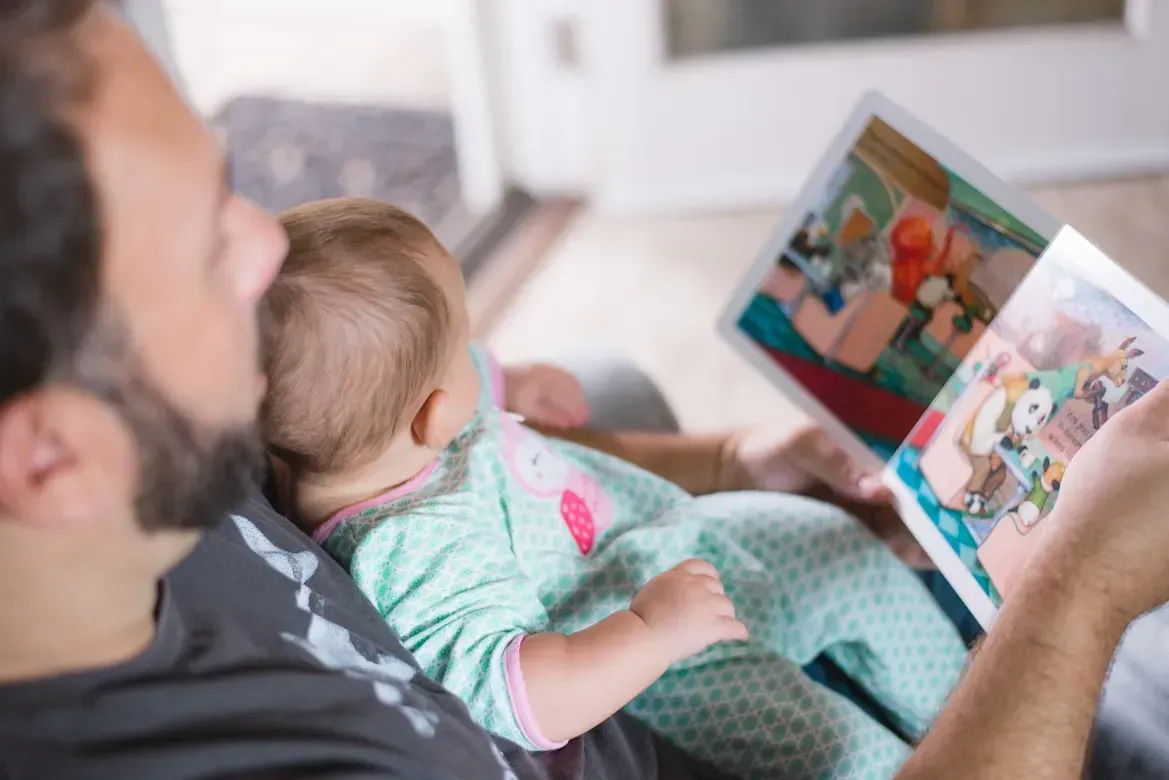How to Get Full Custody of a Child Without Going to Court
What Is Full Custody
Defining Full Custody
Full custody is when one parent assumes the entire responsibility for a child's upbringing, including major life decisions and everyday care. This arrangement is often sought in situations where one parent is deemed significantly more suited to ensure the child's welfare and stability.
Distinguishing from Joint Custody
In contrast to joint custody, where both parents share responsibilities and decision-making, full custody concentrates these roles in one parent's hands. However, this doesn't necessarily exclude the other parent from the child's life; they may still have scheduled visitation rights and be involved in some aspects of upbringing.
Child’s Best Interests at Heart
The core focus of seeking full custody is the belief that such an arrangement best serves the child's emotional, physical, and educational needs. Courts or mediators consider various factors, including the child's safety, stability, and overall well-being, in determining the appropriateness of full custody.

Alternatives to Court Battles
Exploring Out-of-Court Solutions
Going to court is not the only way to settle custody disputes. Several alternative methods can lead to a full custody arrangement without the need for a court battle.
Mediation and Negotiation
Mediation is a popular alternative where a neutral third party helps parents reach an agreement. This process is less adversarial and can be more conducive to reaching a mutually acceptable custody arrangement.
Direct negotiation between parents, possibly with legal counsel, can also be an effective way to settle custody outside of court. This requires open communication and a willingness to compromise for the child's best interest.
Latest Trends in Custody Resolutions
Recent trends show an increasing preference for resolving custody issues outside of the courtroom. This approach is often less stressful for both the child and the parents and can lead to more harmonious long-term co-parenting relationships.
Data Insights: Studies suggest that amicable resolutions tend to have more positive outcomes for the child's emotional well-being.
Mediation and Negotiation
Harnessing the Power of Mediation
Mediation serves as a bridge between disputing parties, aiming to find a middle ground:
- Mediator's Role: A mediator facilitates discussions, helping parents explore options and reach a consensus on custody arrangements.
- Benefits: Mediation is typically less confrontational than court battles, preserving a positive co-parenting relationship. It also allows parents to maintain control over the custody decision, rather than leaving it in the hands of a judge.
Effective Negotiation Strategies
To successfully negotiate full custody, consider the following:
- Prioritize Child’s Needs: Keep discussions focused on what's best for the child, rather than personal grievances.
- Preparation: Come prepared with a clear idea of your desired custody arrangement and be ready to discuss your reasoning.
- Flexibility: Be open to compromise. Remember, the ultimate goal is to serve the best interests of your child.
Expert Insights
Legal professionals and mediators often stress the importance of clear communication and mutual respect during these processes.
Avoiding Pitfalls: Experts advise against using negotiation as a platform for airing personal conflicts, which can derail the process and negatively impact the child.
Collaborative Law Approach
A Team-Based Solution for Custody
The collaborative law approach is a unique method where both parents work with their respective lawyers and, often, other family professionals to reach a custody agreement.
- Process Overview: In this approach, all parties commit to resolving custody issues without going to court. This often involves a series of meetings where various aspects of custody are discussed and negotiated.
- Role of Professionals: Aside from lawyers, the collaborative process may involve child welfare specialists, psychologists, and financial advisors, all working together to find the best solution for the child.
Advantages of Collaborative Law
- Focus on Problem-Solving: This approach is designed to be less adversarial and more about finding a mutually beneficial solution.
- Comprehensive Consideration: With experts from various fields involved, a wide range of the child's needs, from emotional to financial, are considered.
Preparing for Collaborative Law
- Selecting the Right Team: It’s important to choose professionals experienced in collaborative law and child custody issues.
- Setting Goals: Be clear about your objectives and concerns, and be prepared to listen and consider the other parent's perspective.
Parenting Agreements and Plans
Crafting a Detailed Parenting Plan
A well-thought-out parenting plan is a cornerstone of obtaining full custody without going to court. This plan outlines how various aspects of the child's upbringing will be managed.
Key Elements: Include schedules, decision-making processes, educational plans, healthcare, and holiday arrangements. It should also address the child’s daily routine, extracurricular activities, and transportation arrangements.
Flexibility and Future Adjustments: The plan should allow for future modifications as the child grows and circumstances change.
Effectiveness of Parenting Agreements
- Mutual Understanding: A clear and comprehensive parenting agreement can prevent misunderstandings and conflicts. It serves as a reference point for both parents.
- Legal Standing:
While not a court order, a well-drafted parenting plan can have legal weight and be formalized through legal channels.
Understanding and Respecting the Other Parent's Rights
Balancing Rights in Custody Arrangements
Achieving full custody without court intervention requires a thoughtful approach to the other parent's rights and roles.
Respecting Involvement: Even with full custody, the other parent may retain visitation rights or have a say in significant decisions, depending on the agreement.
Effective Communication: Clear and respectful communication with the other parent can facilitate a smoother process and minimize conflicts.
Cooperation is Key
- Mutual Decisions: Where possible, involving the other parent in major decisions about the child's welfare can maintain a healthy co-parenting dynamic.
- Legal Guidance:
Legal advice is beneficial in understanding how to balance full custody with the other parent's rights, ensuring that the arrangement is fair and in the child's best interest.
When to Consider Legal Advice or Court Intervention
Identifying the Need for Professional Guidance
While many custody cases can be resolved without court intervention, there are circumstances where legal advice or even court involvement becomes necessary.
- Complex Situations: In cases with complex legal issues, or where the other parent contests the custody arrangement, seeking legal advice is crucial.
- Protecting Rights and Interests: If you're unsure about your legal rights or feel that your child's interests are not adequately protected, it's important to consult with a lawyer.
Court Intervention as a Last Resort
- Unresolved Disputes: If negotiations or mediation fail, and no agreement can be reached, court intervention may be the only option to resolve the custody dispute.
- Legal Recourse:
The court can provide a legal resolution to the custody issue, ensuring that the child's welfare and both parents' rights are fairly considered.
Conclusion
The journey to obtaining full custody of a child outside of court requires careful navigation, with the child's well-being as the focal point. Organizations like Equal Rights for Divorced Fathers provide invaluable support and resources in this endeavor. They offer assistance in understanding legal options, ensuring fair agreements, and maintaining the emotional health of both the child and the parents.
Securing full custody outside the courtroom is challenging yet possible. It’s important to stay informed, seek professional guidance, and utilize available resources like Equal Rights for Divorced Fathers to ensure the best outcome for your child.

